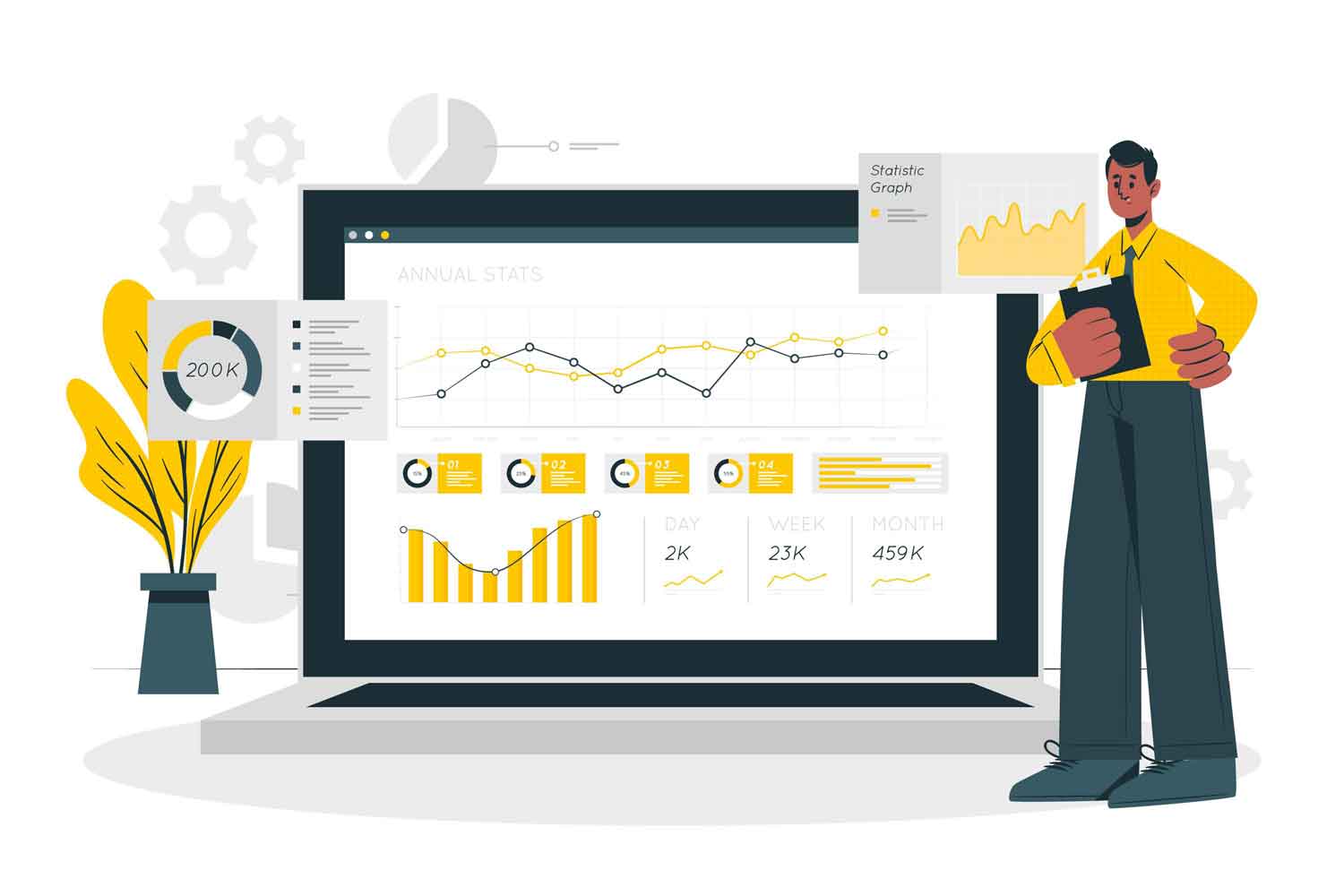A server is a piece of computer hardware or software that provides functionality to other devices or programs. The machine architecture is also known as the client-server model. This article will discuss some of the key factors to consider when purchasing a server.
Out-of-band management
An effective Out-of-band management solution must provide multiple communication options, including switched PDUs and console machines of various sizes. This is because remote locations present unique challenges.
While a nearby site may have easy access to a network cable, remote locations are typically not connected via such means. For such situations, it is imperative to provide an alternative communication option that provides high availability, reliability and dependability. Even cellular broadband, satellite and dial-up options may be necessary.
Out-of-band management for machine can be accomplished by configuring alternate paths between network nodes. Click the link: https://en.wikipedia.org/wiki/Node_(networking) for more information about nodes. Network-based out-of-band machines support both a global and local out-of-band connection.
However, global level out-of-band management is preferred. Global-level out-of-band management allows the machine to be accessed from any network. Global-level out-of-band management solutions are most commonly used.
Blade servers
A blade server is a stripped-down version of a conventional computer. They are designed with a modular design to maximize energy efficiency and space efficiency. These machines are also compact enough to fit in a small space.
Regardless of the type of business or application that you are running, a blade machine can help you save space and money. These servers cost less than other available models. As such, they can make an attractive option.
A blade server contains a variety of memory systems. Some blades have static RAM, which stores information while the computer is not in use. Others have dynamic RAM, which constantly updates data as it works.
Dynamic RAM is most common in computers and machines with rich visual content. It allows computers to perform a wide range of tasks, including performing complex calculations in real time. Its modular design enables it to move between systems easily and with minimal disruption.
Standard desktop PCs
While a workstation’s performance is not the same as a standard desktop PC, it can handle much more demanding tasks than a normal PC. Regardless of whether you’re using a machine or desktop, most standard desktops can handle video streaming and gaming without any issues.
A machine is a high-performance computer that’s designed to manage, store, and process network data. These machines enable organizations to provide services to multiple users and to scale their infrastructure.
Machines and workstations both provide the same purpose: to facilitate complex technical computations, improve engineering analysis, and boost productivity across many professions. Which one is best for your needs will depend on the operating system, RAM, and processors you need.
DNS
A DNS machine is the key component of the Domain Name System, one of two principal namespaces on the Internet. The DNS has many important functions, but it is often overlooked. To understand its purpose, let’s take a closer look at how this service works. Click here for more information about DNS from Google.
A DNS machine is a service that resolves domain names into IP addresses. Think of it as the phone book of the web. We search for people and their phone numbers, and our computers use IP addresses to find them. A DNS machine can solve this problem by converting domain names into IP addresses and controlling access to specific machines. Once a website is listed in the DNS, users can use the services of the DNS machine to access the site they want.
Web or mail servers
There are three major types of machines: DNS, Web, and Mail. DNS machines store databases of internet domains. Web and mail machines supply access to web pages and email accounts.
DNS machines are a key component in the Internet, and they help provide services that are essential for e-communication and content sharing. This is vital to nearly any business or personal application for computing.
X86/x64 CPUs
There are two basic types of CPUs for machines: x86 and x64. X86 is a 32-bit OS, while x64 is a 64-bit OS. Both can run the same operating systems. If you are planning to buy a machine that runs 64-bit OS, you will need to know the differences between x86 and x64. It is best to know your machine’s specific operating system before buying a CPU. Click here for more information about CPU.
X86/x64 processors have an improved physical memory interface. The AMD64 architecture supports a wider variety of memory devices, including 256 TiB. The x64 architecture also supports an expanded range of virtual memory. In addition, it supports mandatory SSE2-like instructions. x86/x64 processors have up to eight vector registers, but only four piB in 32-bit mode.
[sc name=”5422″][/sc]









